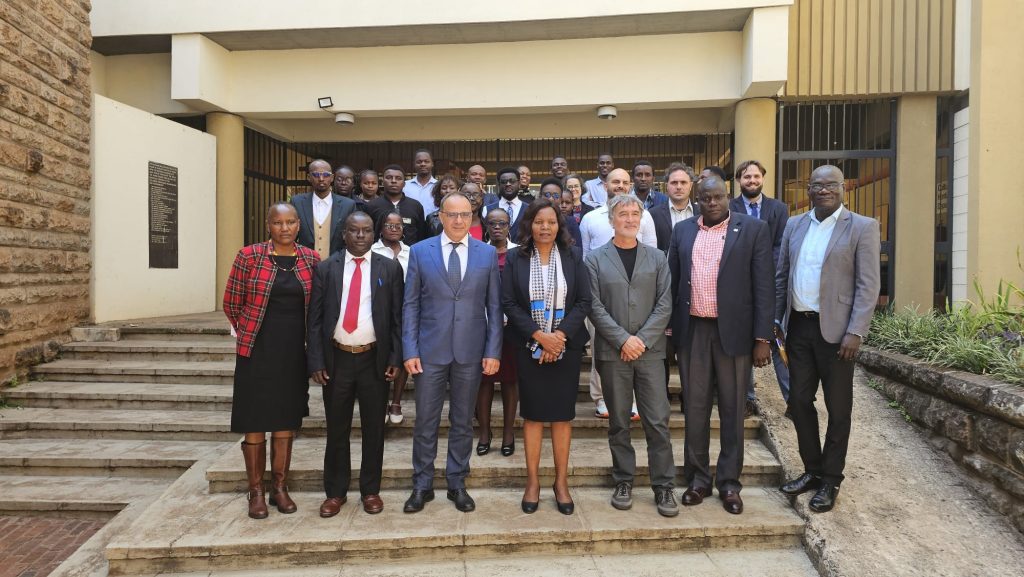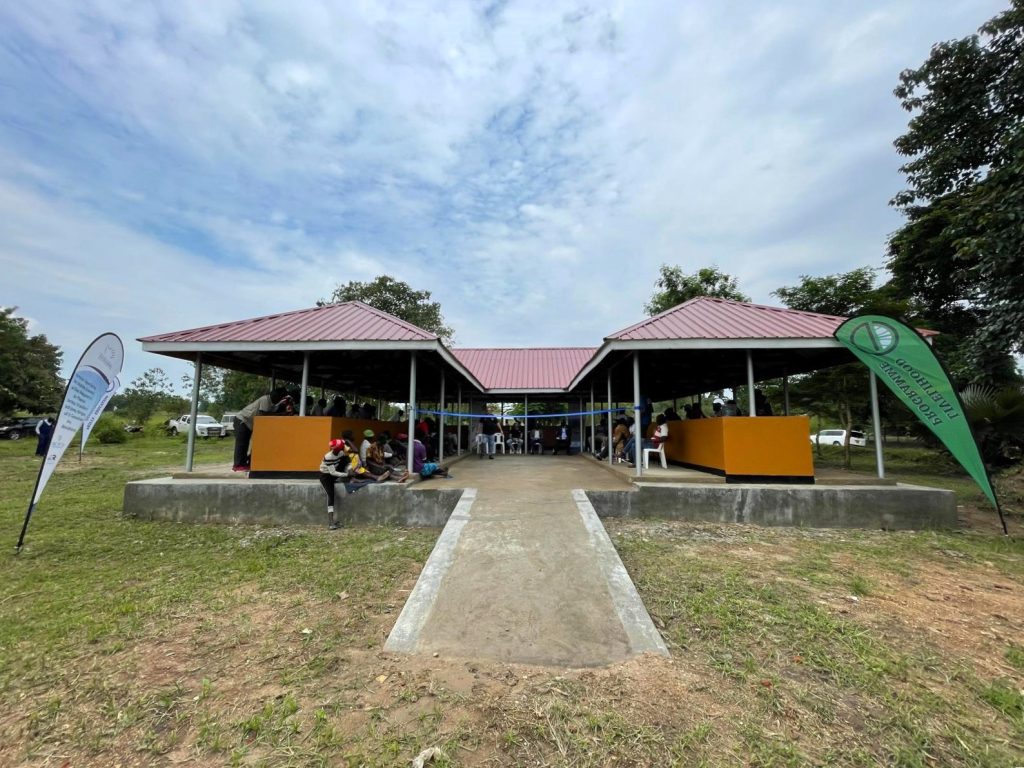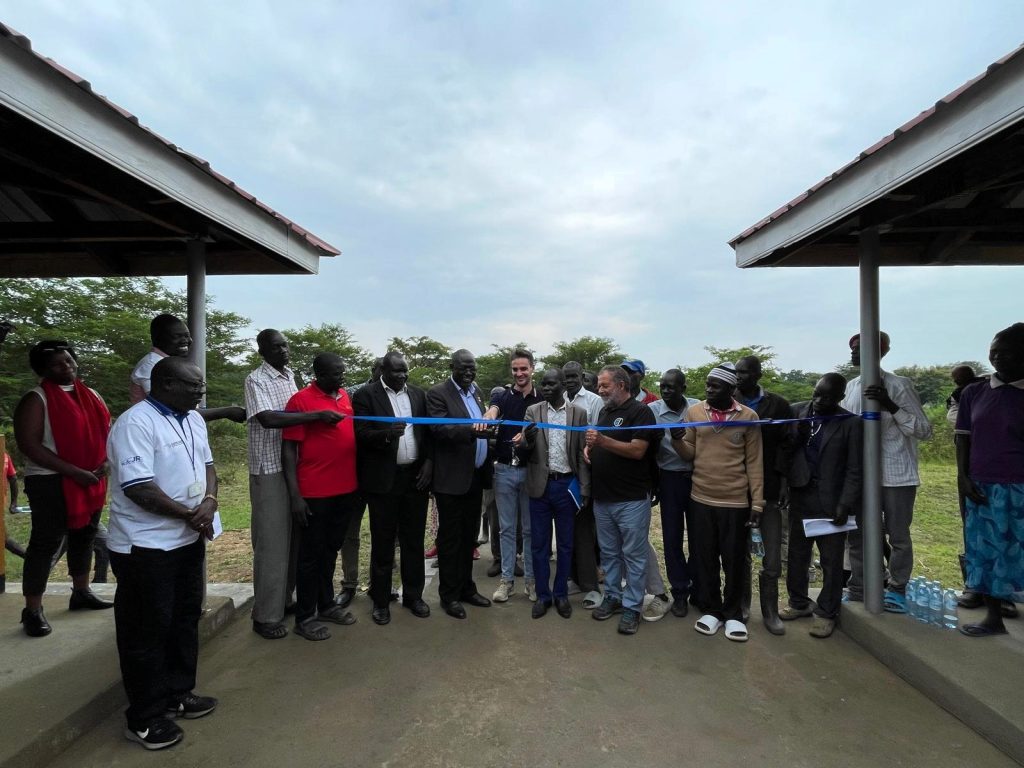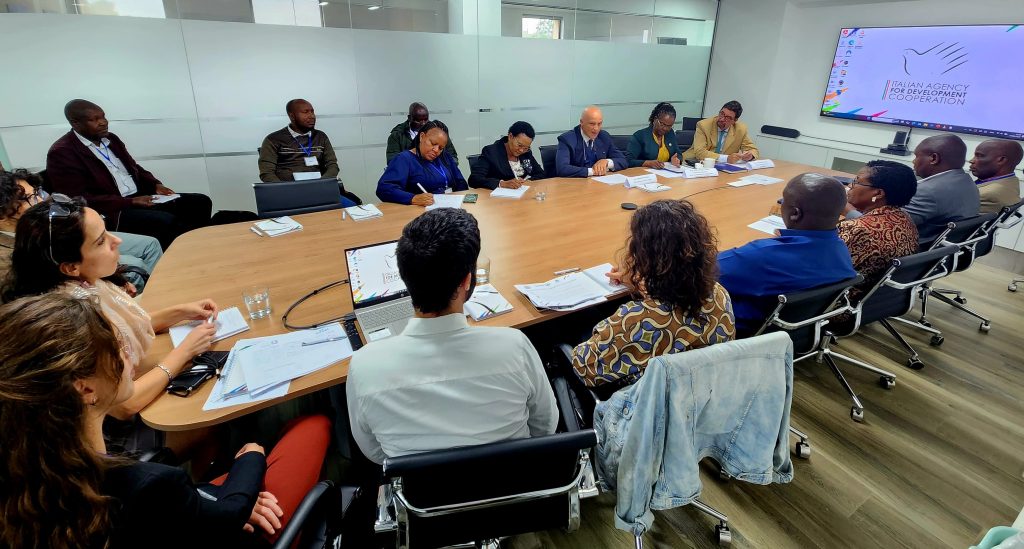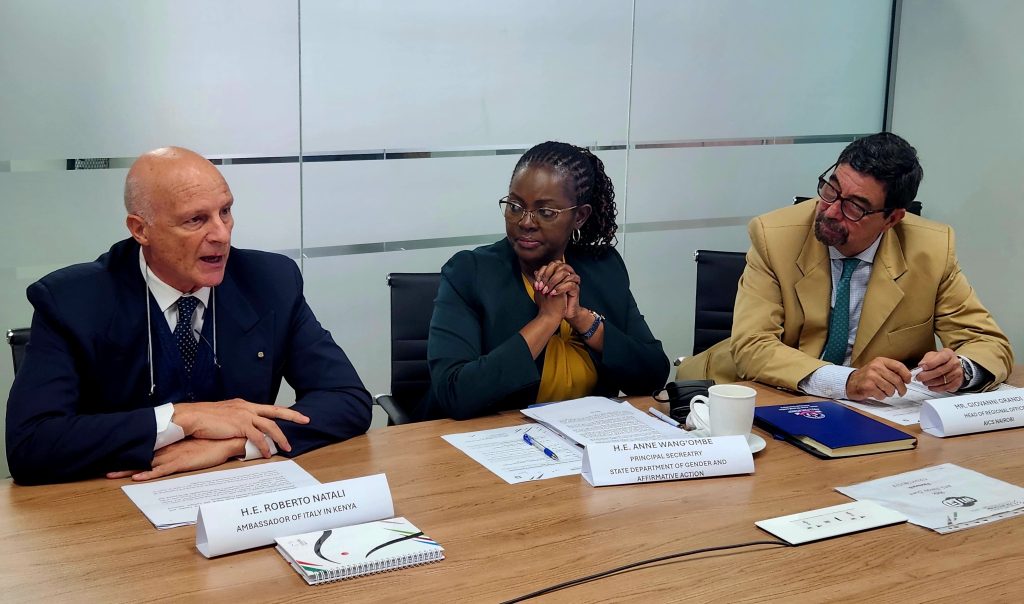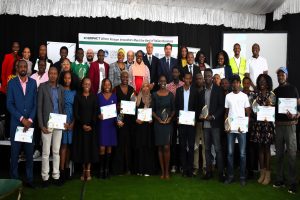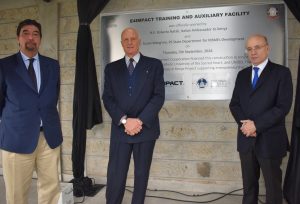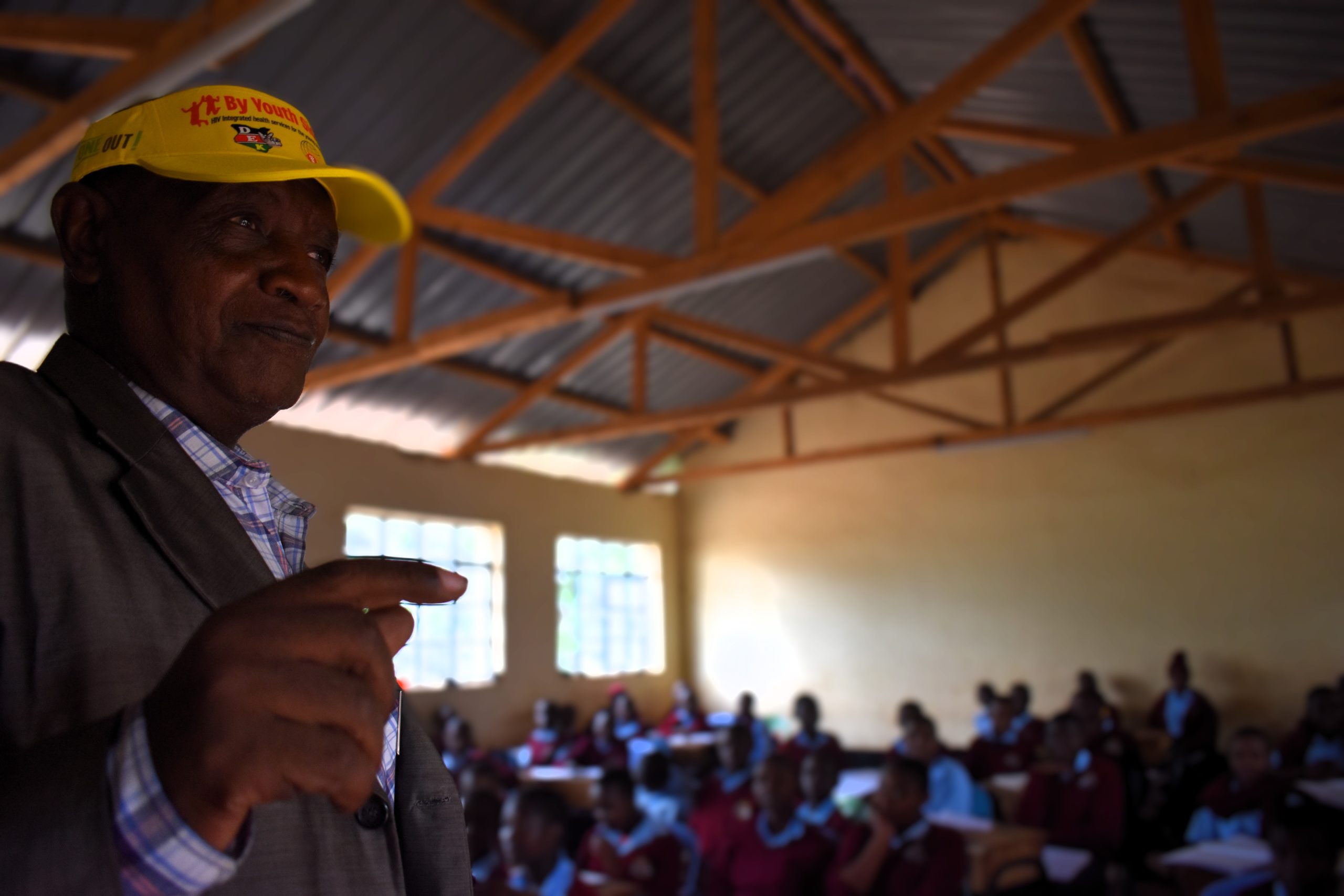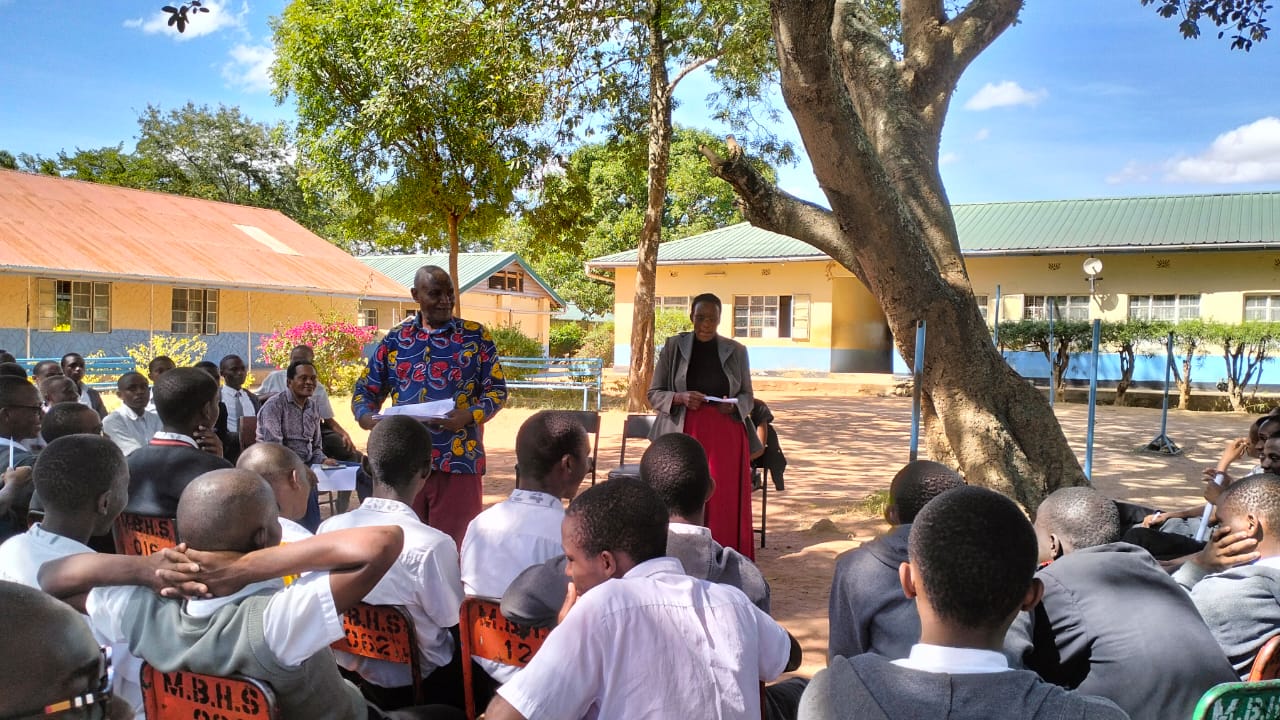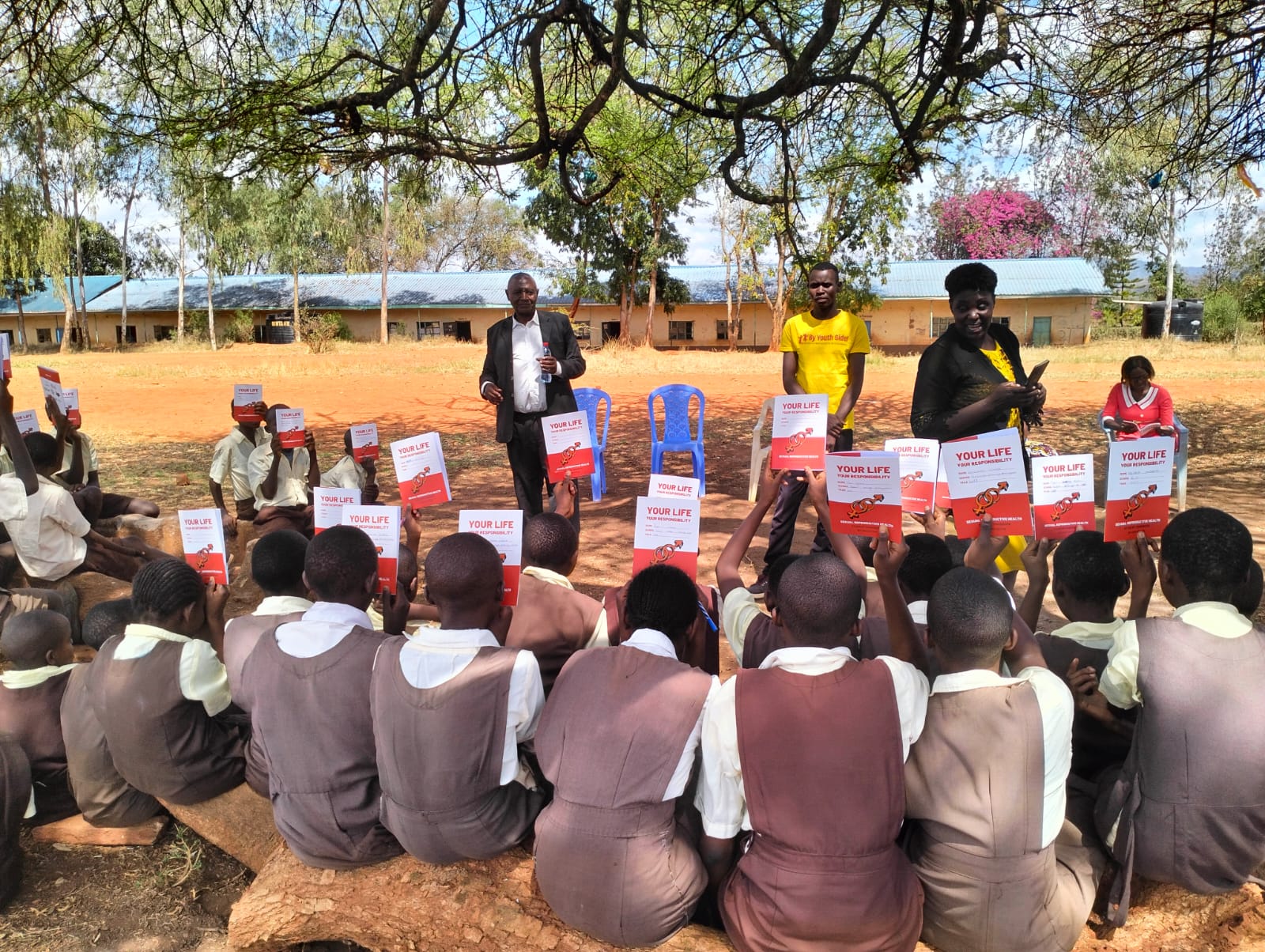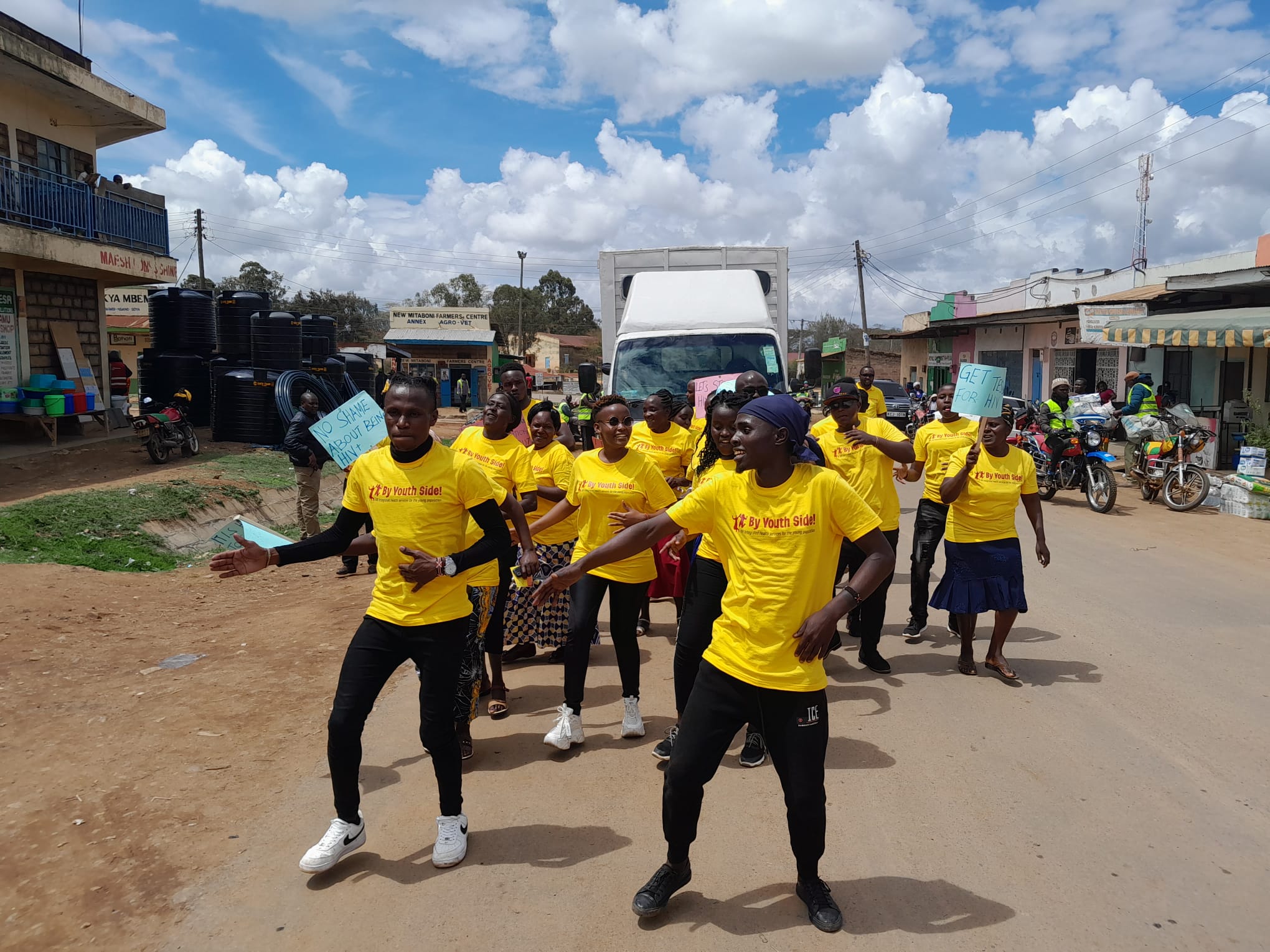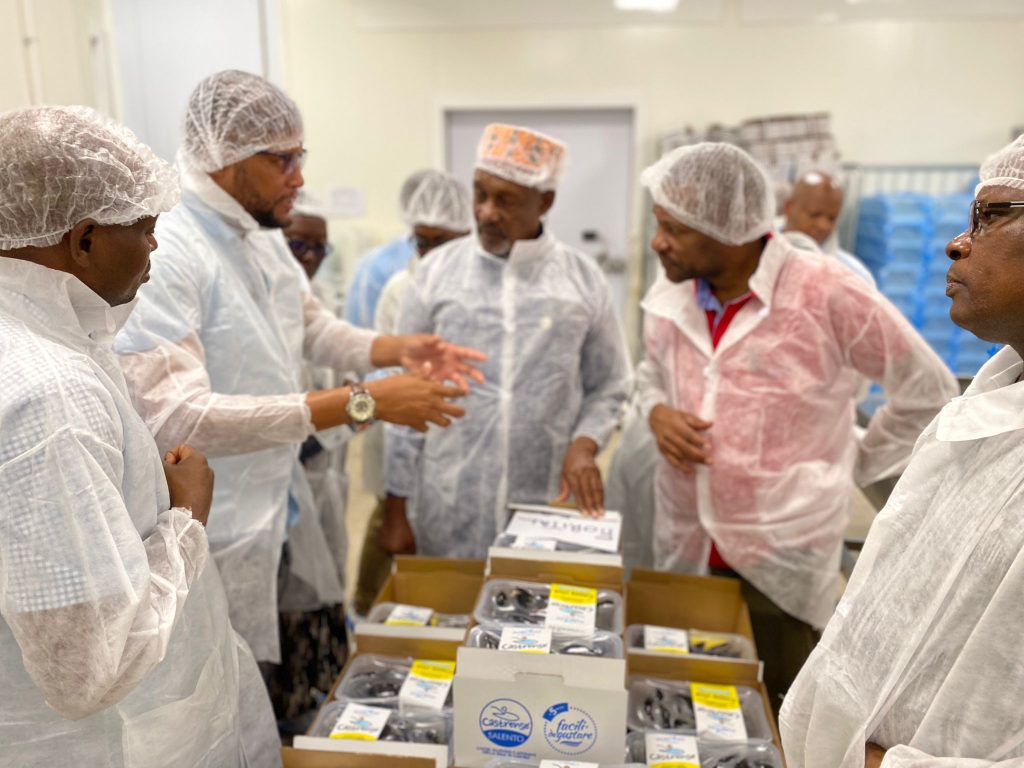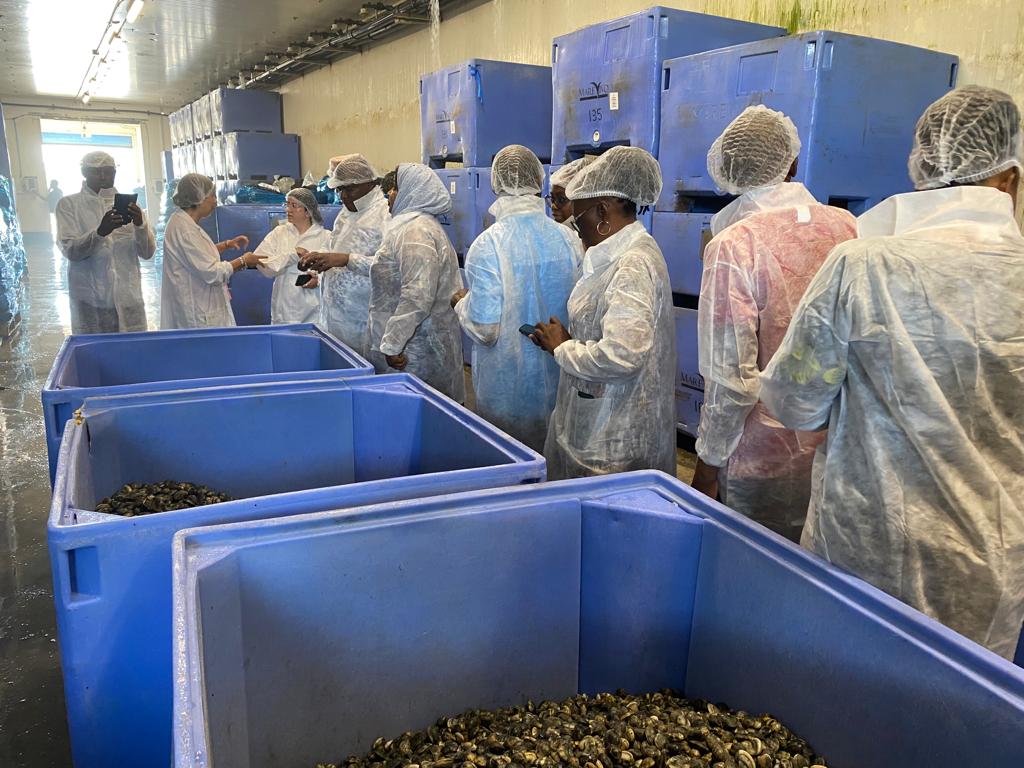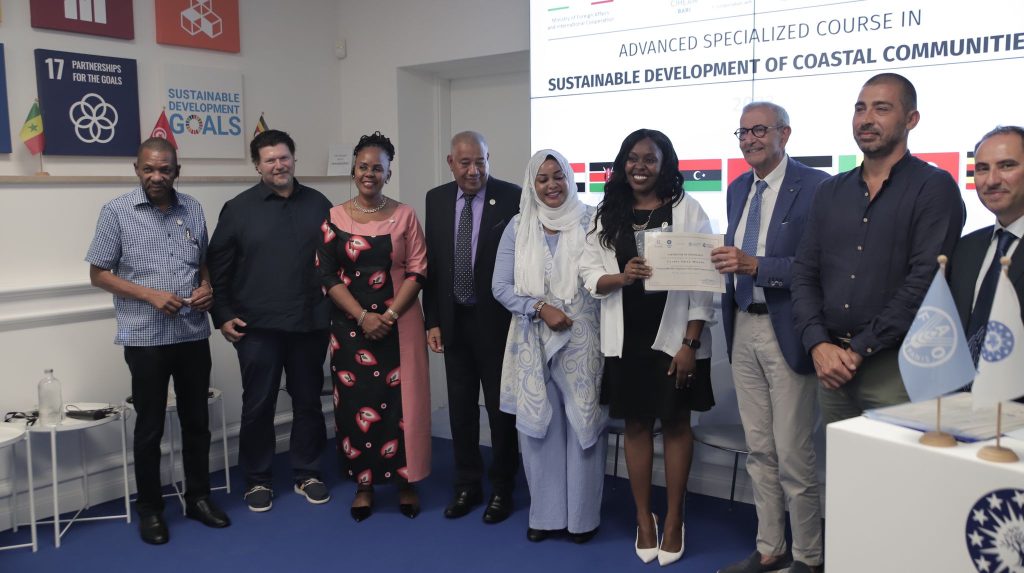"Look, I want to tell you a story to help you understand how things work here" Kaindi tells me, looking into the distance. "One evening, around 8 PM, I went out to get something to eat. I entered a small restaurant by the road, and the waitress asked me what I wanted to eat. Meat, I said. Then she told me I could choose between fried and boiled meat. I asked for fried meat. Then she disappeared for a while. Ten, twenty, thirty minutes. So I peeked behind the counter and noticed a door. I opened it: there was a tiny room with a bed and a stool inside, and she was waiting for me. That’s when I understood that I had just unknowingly ordered unprotected sex – the code word is fried meat. If I had ordered boiled meat, I would have had protected sex instead. It would have cost me 300 KES (about 2 Euros). I paid and left."
We are in Kenya, the third country in the world for HIV prevalence rates: about 1.6 million people live with HIV, many of whom are unaware of their condition. Machakos County is located about 60 km southeast of the capital Nairobi: it is an important commercial and agricultural hub, partly because it lies along the busy highway connecting the port of Mombasa to Nairobi and then to Uganda. Machakos is known not only for its scenic beauty but also for its high HIV prevalence rates, which have always been above the national average. I asked Kaindi why he thinks the county is known as a hotspot for infections, and he explained: "A lot of truck drivers pass through here continuously; and prostitution is a widespread phenomenon."
Benedict Kaindi is 68 years old and the director of the Kenyan Network of HIV-Positive Teachers (KENEPOTE), an organization that groups teachers living with HIV. The organization has been operating in Machakos since 2010, conducting training sessions for students and providing psychosocial support and valuable information on sexual and reproductive education. He explains that his work helps not only young people become aware of their condition and feel less isolated, but also teachers, who, by choosing to join the network, feel freer to discuss certain topics and less stigmatized. "There are still many legends and myths surrounding HIV: many still believe it is a curse, or that it can be cured by having intercourses with a virgin woman. Much of the information circulating is wrong or outdated. Together with No One Out, we have produced and distributed updated manuals, created in collaboration with the Kenyan Ministry of Education, with accurate information on transmission methods and reproductive health."
KENEPOTE has expanded in the last two years, obtained an office, and become more structured. The organization's members have increased from 20 to 60. This is also due to the support received from the Brescia-based NGO No One Out through the 'By Youth Side' initiative, funded by the Italian Agency for Development Cooperation through the Global Fund to Fight AIDS, Tuberculosis, and Malaria. The initiative, concluding in June 2024, aims to offer inclusive health services in the fight against HIV, strengthening Machakos' hospital infrastructure and combating discrimination against HIV-positive people, also involving peer educators.
Vanni De Michele, country representative of No One Out in Kenya, explains: "In the awareness sessions held in schools, we tried to involve peer educators, because having young people with similar experiences to those we are addressing makes them more comfortable and facilitates their disclosure." Disclosure is when an HIV-positive person fully acknowledges their condition and manages to reveal it to family, healthcare centers, and the community. "Being able to say it more or less openly is a great relief, making HIV-positive individuals feel less alone and, importantly, facilitating adherence to antiretroviral treatment."
Kaindi was 40 when he discovered he had contracted HIV, with severe symptoms that left him bedridden, unable to walk, hear, or speak for six months. "I didn't want to reveal it to my wife because I was afraid she would leave me. But she told me that with or without HIV, I would always be her husband, and she took care of me until I started treatment."
Harriet Katuku, principal of Kaseve Secondary School in Machakos, reveals that she is very satisfied with KENEPOTE's work. "So far, they have conducted three training sessions in our school, with students aged 14 to 17. Generally, at this age, students have no information about transmission and infections."
By Youth Side has reached 5,800 adolescents and young people in Machakos schools with training sessions on sexual education and disclosure. In addition, the initiative has worked on 'Youth Friendly Centres (YFC),' spaces dedicated to raising awareness among young people on issues such as sexual and reproductive health, HIV prevention, and sexually transmitted diseases, which better interact with adolescents and young adults. Hundreds of healthcare workers have been trained, nearly 10,000 adolescents have received home care services, and 1,440 adolescents and young women have been involved in the community prevention program for sexually transmitted diseases and cervical screening.

